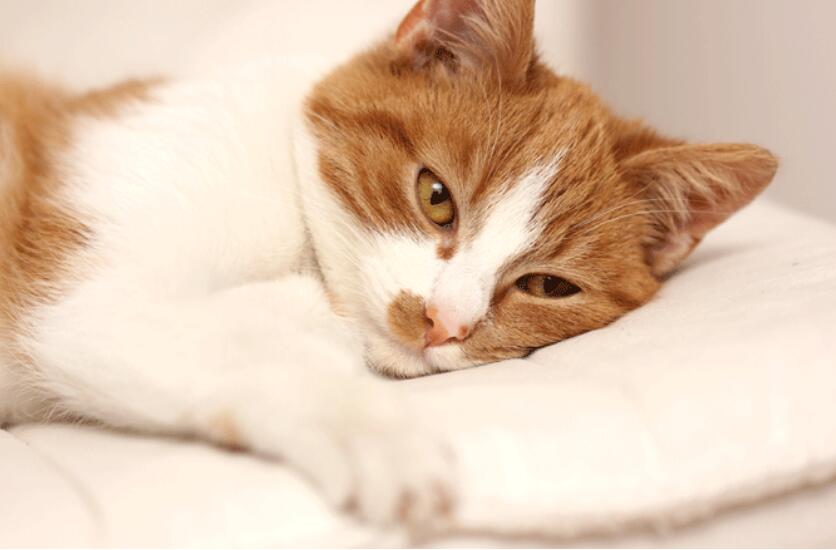 Digestive problems cannot be ignored
Digestive problems cannot be ignored
Whether it’s the hairball you stepped on this morning or the diarrhea you had to clean up this afternoon, gastrointestinal problems always get the attention of cat owners. But gastrointestinal problems are more than just an inconvenience; they can be a sign of a serious problem. Read on to learn about the seven common gastrointestinal problems in cats and what to do about them.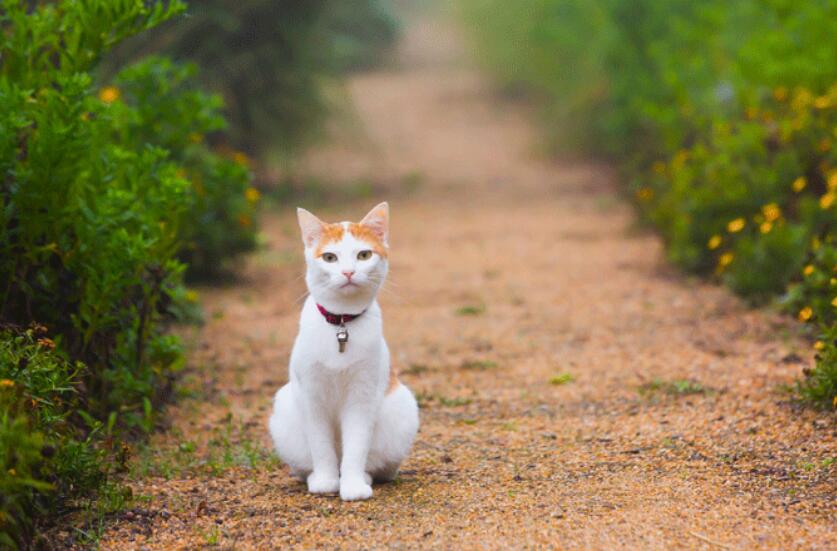
Intestinal parasites
Parasites are a common cause of gastrointestinal problems in cats. Many kittens get roundworms from their mothers because they suckle milk that contains roundworm larvae. Adults can become infected by eating contaminated soil or infected prey. Cats can also become infected with coccidian parasites by ingesting small amounts of dust. Tapeworms can be transmitted when cats eat fleas or prey containing tapeworm larvae. Other types of intestinal parasites (e.g., hookworms and whipworms) can also be diagnosed in cats.
If left untreated, intestinal parasites can make cats sick, causing symptoms such as vomiting, diarrhea, weight loss and slow growth. An exception is the tapeworm, which can be seen as a nuisance. Unlike other worms that cannot usually be seen with the naked eye, segments of tapeworms can usually be seen around the cat’s buttocks where they cause irritation and “slithering”.
Removal of intestinal parasites is fairly straightforward. First, the parasite must be identified (usually through a microscopic fecal examination performed by a veterinarian) and then the cat must be treated with the appropriate dewormer according to the label instructions.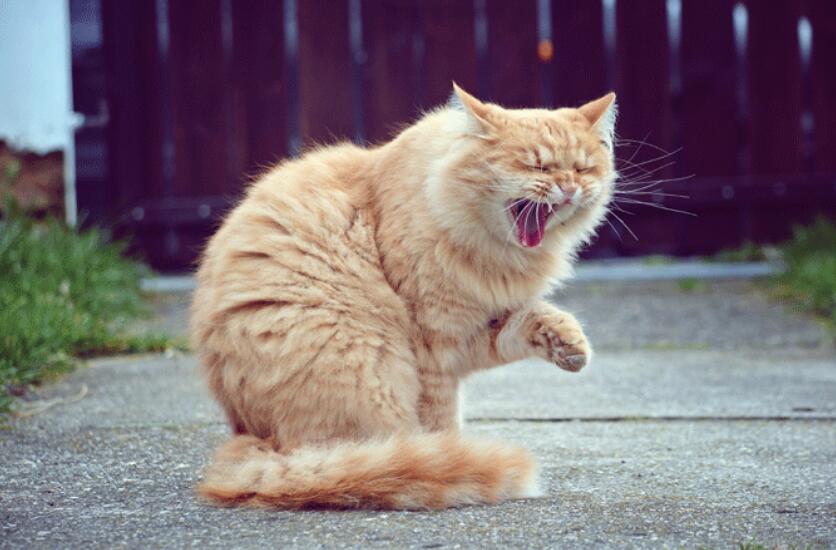
Hair group
Hairballs may be common, but they are not normal. Hairballs usually form because cats shed a lot because of skin problems or gastrointestinal dysfunction.
If your cat only occasionally grows clumps of hair and seems perfectly healthy, then treating them at home is a reasonable first step:
Change your cat’s diet formula to reduce potential allergens. Inflammation of the gastrointestinal tract caused by food allergies and/or inflammatory bowel disease is the culprit in many cases of chronic hairballs.
- Include fiber in your diet to “sweep” your hair through your digestive tract.
- Try a hairspray which makes your swallowed hair less tangled.
- Brush your cat’s hair frequently to remove excess hair.
If none of these methods work, it’s time to make an appointment with your veterinarian.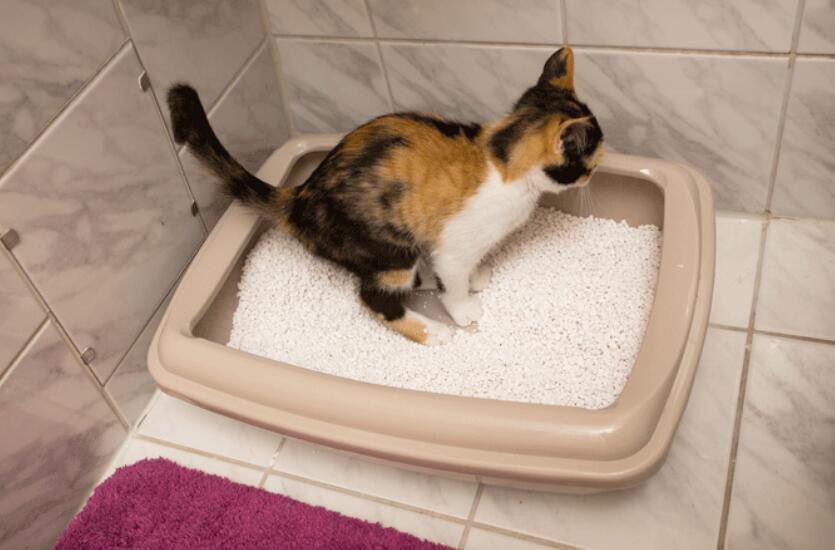
Constipation
Constipation occurs when feces become too large and/or difficult to push out of the colon. A constipated cat will usually defecate in the litter box but will produce little to no feces. Any stool you do see is usually dry, firm and small.
Constipation may be caused by dehydration, gastrointestinal dyskinesia, pain, neurological problems, large bowel obstruction, or an unknown cause of megacolon. Treatment involves detecting and correcting any underlying disease and manually removing the affected stool by enema or under sedation. Always consult your veterinarian before giving your cat an enema at home, as some enemas are toxic to cats.
If your cat is at risk for constipation again, increasing water intake, changing diet (e.g., high fiber, low fiber or hypoallergenic foods), weight management and increasing exercise can help reduce the frequency or severity of episodes.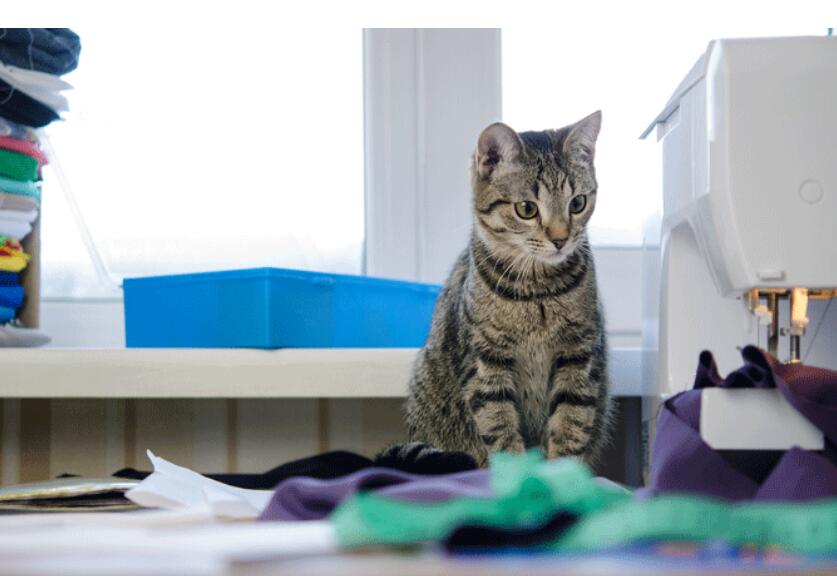
Foreign objects
Cats are curious, and some will put anything in their mouths and swallow it. If these objects are small, or at least partially digestible, they can pass safely through the gastrointestinal tract, but in the worst case scenario, they will get stuck somewhere along the way. Foreign bodies in the gastrointestinal tract usually cause loss of appetite, vomiting and discomfort in cats.
Veterinarians who suspect that a cat has swallowed something inappropriate will usually take an abdominal x-ray to look for evidence. This foreign body may be obvious, but more often than not we only see hints that suggest something is in there that should not be there. Sometimes a foreign body can be removed endoscopically from the gastrointestinal tract, but in other cases, exploratory surgery is needed to remove the foreign body and repair the damage it has caused.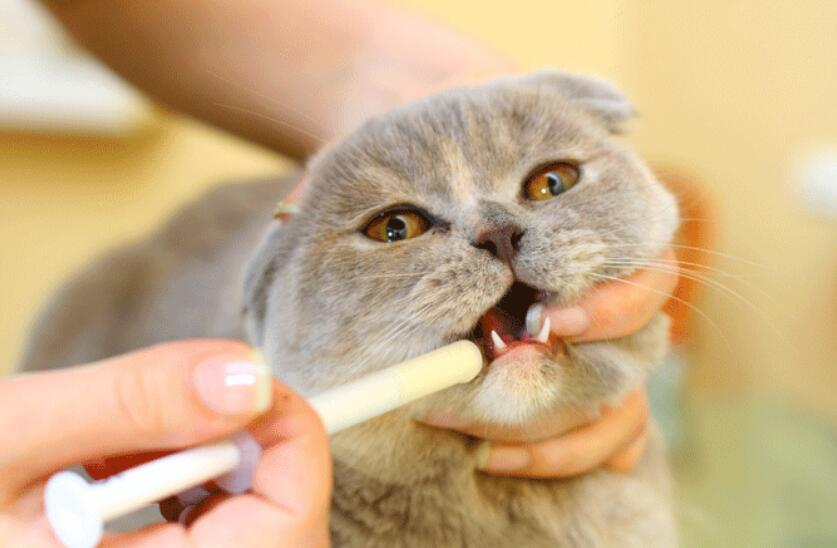
Inflammatory bowel disease
Inflammatory bowel disease (IBD) presents with symptoms of vomiting, diarrhea, weight loss, and/or loss of appetite, but IBD is difficult to diagnose because it can only be confirmed by biopsy.
IBD is caused by a combination of immune dysfunction, food allergies, bacterial overgrowth, metabolic disease, food intolerance, parasites, environmental stress and/or genetics. Usually the symptoms in cats are mild and/or intermittent at first, but become more severe over time.
Treatment for IBD includes a hypoallergenic diet and, if that is not enough, suppression of the immune system. The veterinarian may prescribe antibiotics, corticosteroids, chloroform and other medications depending on the cat’s response. Some treatments for IBD are effective, but unfortunately others are not and can ultimately be fatal.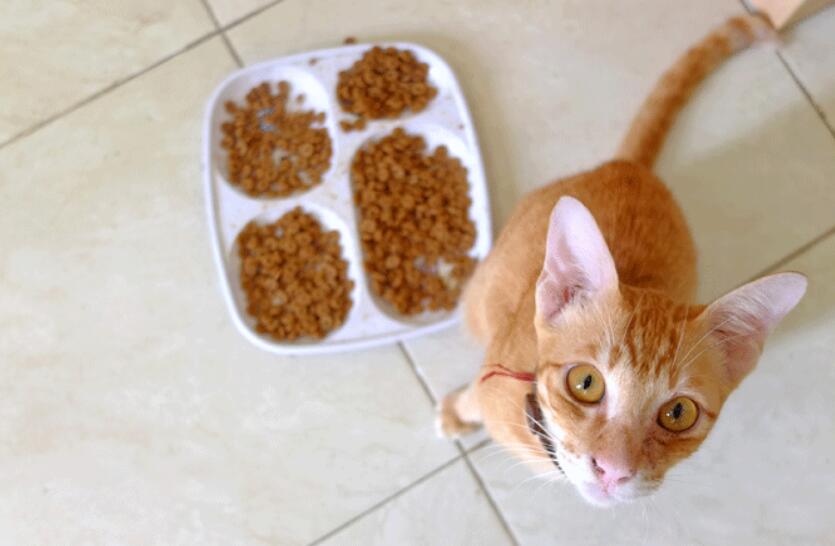
Food allergies or intolerances
Some cats can become ill from eating certain ingredients commonly found in cat food. Cats with food allergies may have gastrointestinal problems, but itching and skin damage are often the primary concerns of pet owners. On the other hand, when a cat shows signs of food intolerance, the symptoms are usually limited to the gastrointestinal tract (e.g., vomiting, diarrhea, abdominal pain and flatulence).
In either case, avoiding harmful ingredients is the best way to deal with the situation. If you perform a rigorous food trial (8 – 12 weeks of feeding water and a prescribed, low allergen diet) and your cat’s symptoms disappear, you can simply continue feeding the food or slowly introduce conventional ingredients to determine which one(s) your cat is reacting to so you can avoid it in the future. Some cases of food allergy (but not intolerance) may also require immunosuppressive medications such as prednisolone, budesonide, or chloramphenicol.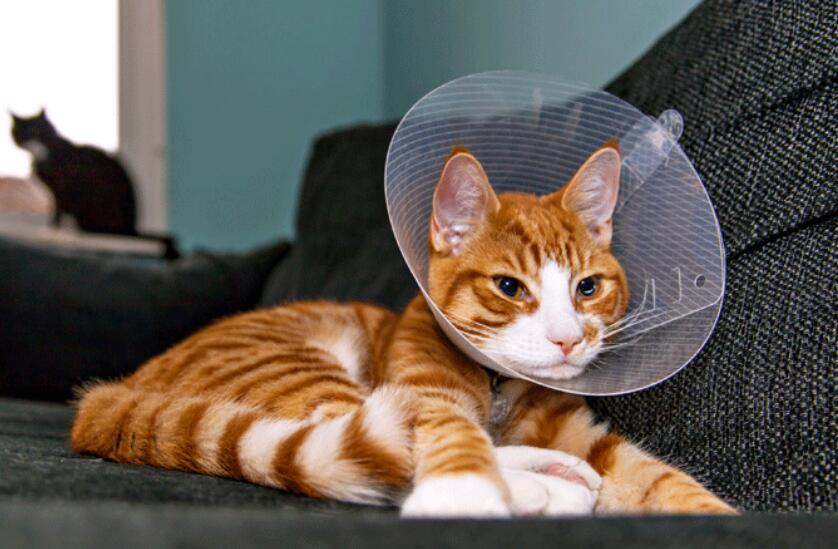
Cancer
Lymphoma (also known as lymphosarcoma) and other types of cancer may be diagnosed as symptoms of gastrointestinal disease in cats. Surgery, chemotherapy, radiation therapy and palliative care (treatments that make the patient feel better but do not directly treat the underlying disease) often prolong and improve the quality of life of cats with cancer. However, over time, euthanasia or hospice care often becomes necessary to prevent suffering.
In addition to the health conditions mentioned here, gastrointestinal problems in cats can be attributed to other health conditions. If you have any concerns about your cat’s health, please talk to your veterinarian.

